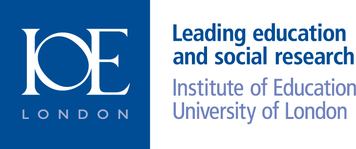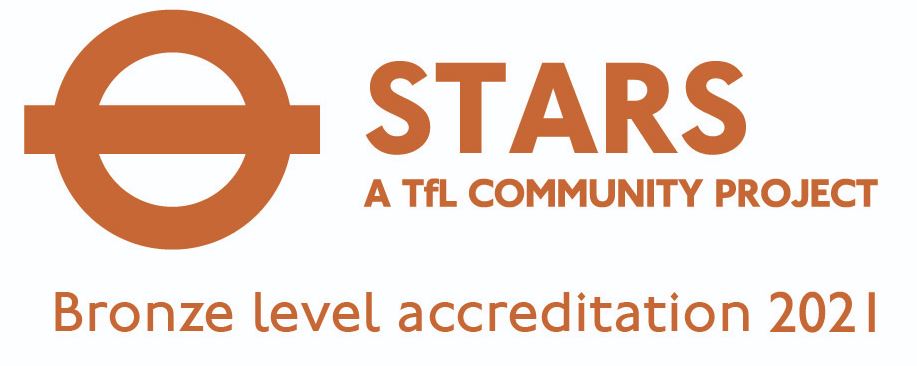THE EARLY YEARS FOUNDATION STAGE (EYFS)
INFORMATION FOR PARENTS AND CARERS WITH A CHILD STARTING IN NURSERY AND RECEPTION IN SEPTEMBER 2024
FURTHER INFORMATION TO COME TO PARENTS AND CARERS WITH A CHILD STARTING IN NURSERY AND RECEPTION IN SEPTEMBER 2023
- Information on the class your child will be joining in September.
- The date and time for when your child's class teacher will come and visit you and your child in their home in September.
- The date when your child will start school in September. Please note this will not be before Monday 18th September 2023.
FOUNDATION STAGE
Schools and early years providers follow a structure of learning, development and care for children from birth to five years old. This is called the Early Years Foundation Stage (EYFS) and it enables your child to learn through a range of activities.
In our Foundation Stage we have a Nursery with places for 30 children and 2 Reception classes. In the stage we ensure:
Starting school is a very big step for your child and for you. The way your child settles into school is very important and we do our best to help each child come to school happily and enjoy learning here.
We think it is important to establish a partnership with our parents/carers so that together we can help each child settle in and do his/her best.
In our Foundation Stage we have a Nursery with places for 30 children and 2 Reception classes. In the stage we ensure:
- children learn through play
- providers work closely with parents
- you are kept up to date on your child’s progress
- the welfare, learning and all-round development of children with different backgrounds and levels of ability, including those with special educational needs.
Starting school is a very big step for your child and for you. The way your child settles into school is very important and we do our best to help each child come to school happily and enjoy learning here.
We think it is important to establish a partnership with our parents/carers so that together we can help each child settle in and do his/her best.
OVERVIEW OF THE EYFS
Click on the link below to see what different areas children cover in the EYFS (Nursery and Reception) over the academic year. You can also see more in-depth information about what the children are learning by looking at the knowledge organisers for the half-term (these can be found under curriculum: knowledge organisers.
ADULT SUPPORT IN THE FOUNDATION STAGE
In Nursery, there are three members of full-time staff. These are made up from a class teacher and two learning support assistants.
In Reception, there are five members of full-time staff. These are made up from two class teachers (responsible for their own classes) and three learning support assistants. Each class has one dedicated learning support assistant and one who works across both classes, usually on outside provision.
In Reception, there are five members of full-time staff. These are made up from two class teachers (responsible for their own classes) and three learning support assistants. Each class has one dedicated learning support assistant and one who works across both classes, usually on outside provision.
PHONICS
Princess Frederica uses Monster Phonics to support the teaching of phonics. Children start phonics sessions in Nursery (environmental sounds) and carry on through Reception, Year 1 and Year 2. Children are assessed in Year 1 on their phonics ability in June in the Phonics Screen. For further information on phonics, please click on the link below.
REPORTING AT THE END OF RECEPTION
Each child receives a Foundation Stage Profile. This profile provides a summary of what your child has achieved at the end of their Reception year in school. In Reception, children are graded in the different of the areas of learning. Where a child is working at the expected level this means that they have achieved the standard set out in an Early Learning Goal. In some areas children’s skills may be emergent as a child may still be working towards an Early Learning Goal. Some children will have exceeded the standard expected at the end of the Foundation Stage in some areas. Exceeding a goal indicates that their achievement is well above average. This information will be indicated in your child's end of year report. There will also be updates during meetings with teachers.
RECEPTION BASELINE ASSESSMENT
This is an assessment that is carried out by the child’s class teacher within 6 weeks of the child starting Reception. The school and parents/carers do not find out the results of the assessment but is used to determine the progress a child makes when they complete their Year 6 SATs assessments.
EARLY LEARNING GOALS
At the end of Reception, children are assessed against a set of Early Learning Goals to see if they are developing in line with age related expectations. This assessment is an informal process. The outcome of the assessment will be shared with parents and used by your child's Year 1 teacher to tailor learning to your child's strengths and areas for development.
ABC FUND
Our voluntary aided status means that we pay a contribution to the London Diocesan Board for Schools as they are responsible for the maintenance of the school. We ask parents/carers for a contribution to the fund each year to improve the school. It also helps to fund extra-curricular opportunities for the children that would be possible through the school budget. The set amount for 2019-20 is £20 per child per month.
ADMISSION TO PRINCESS FREDERICA
If you would like to find out more about applying for a place for your child at Princess Frederica then please follow the link below that will take you to our admissions page.





